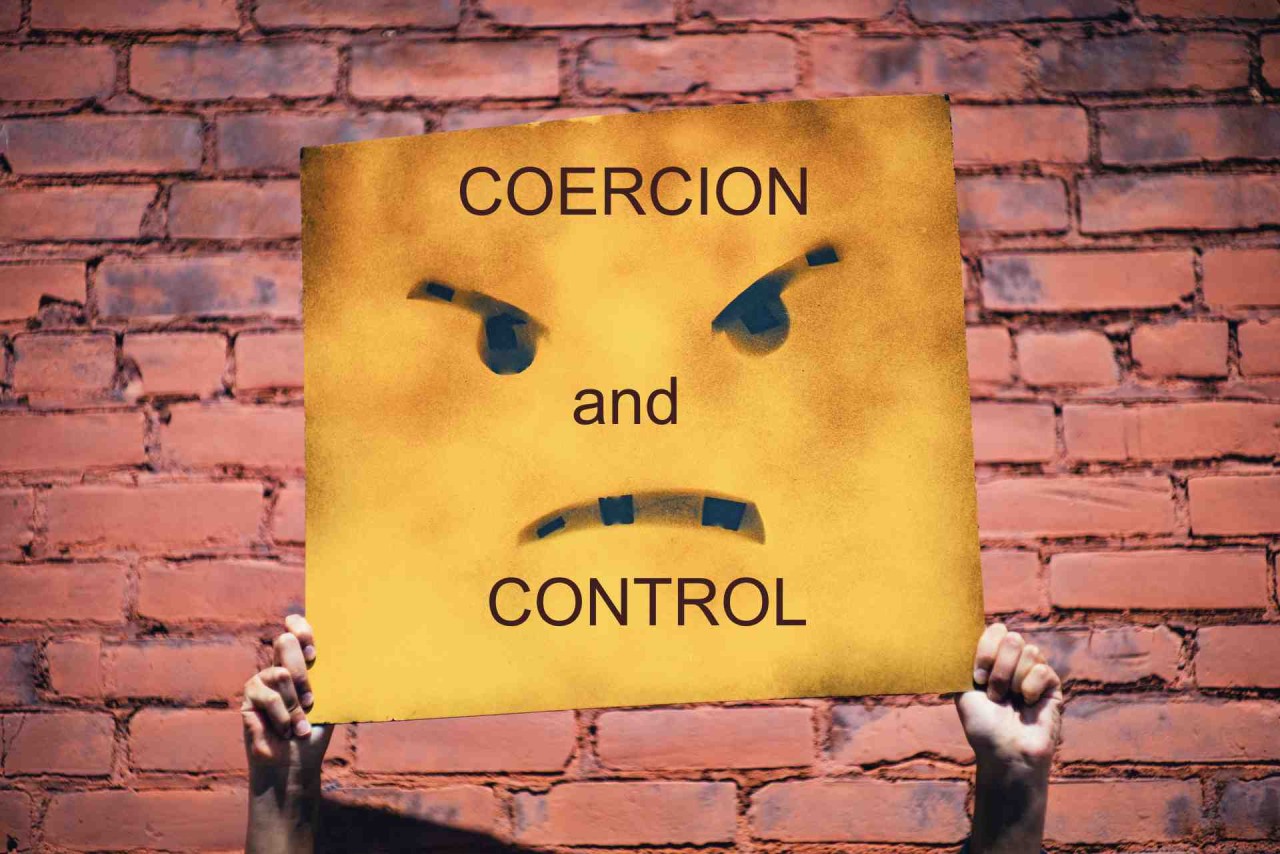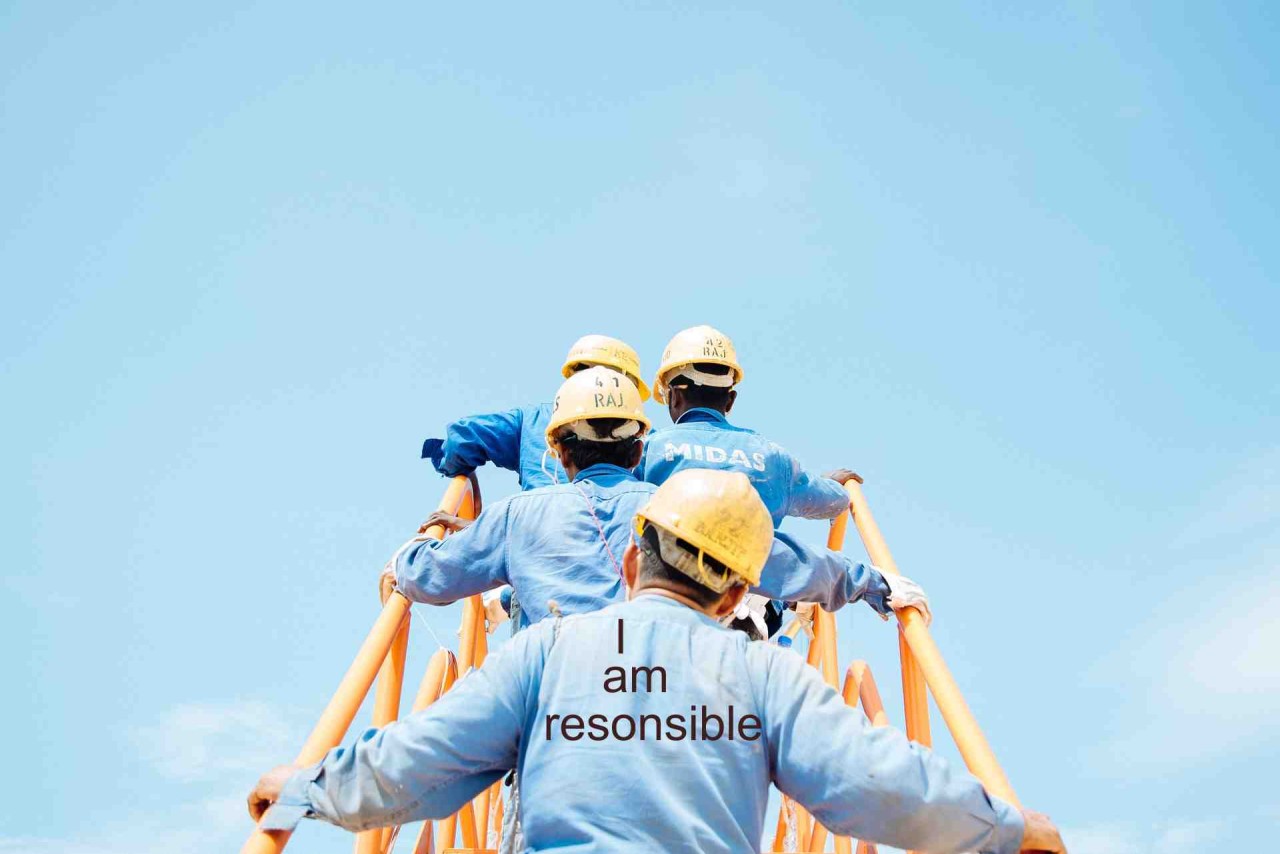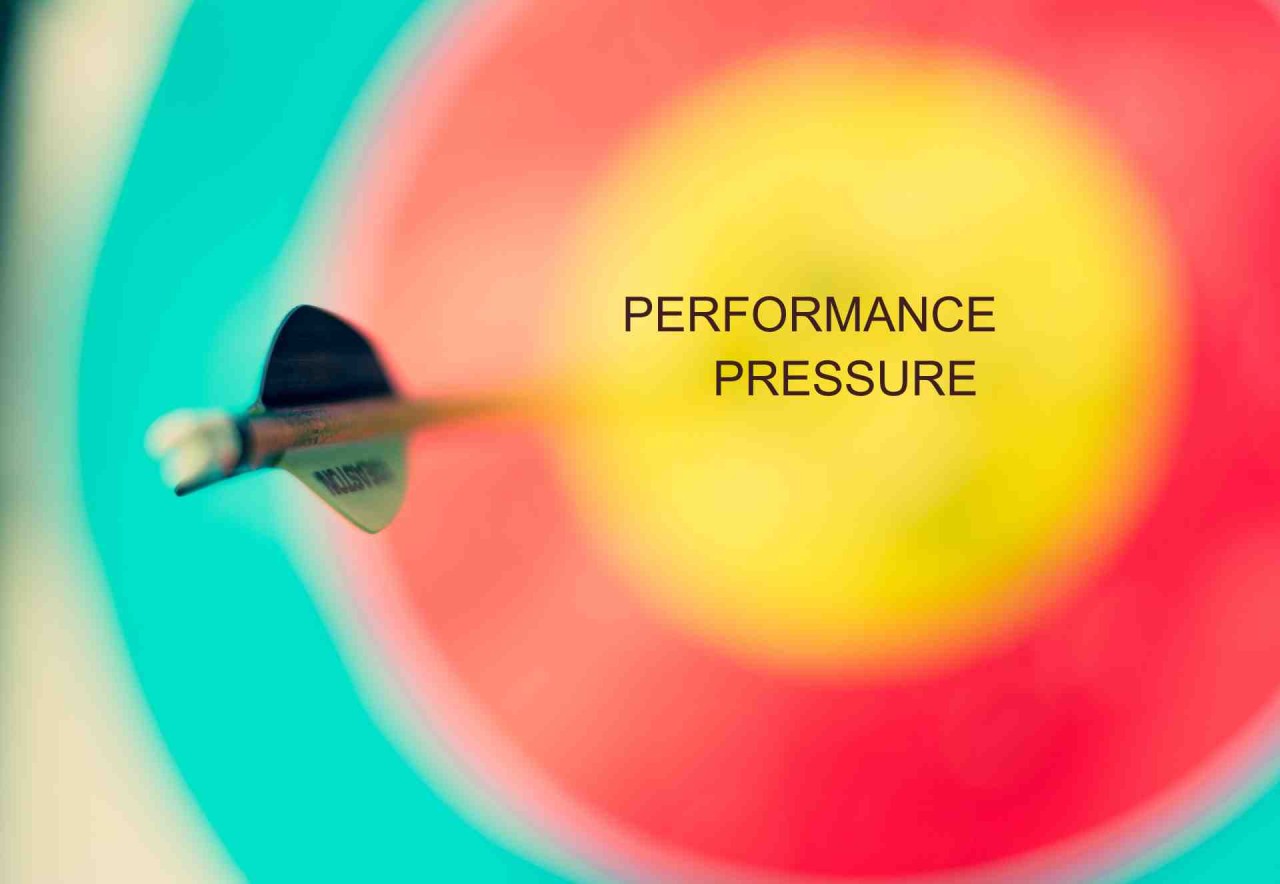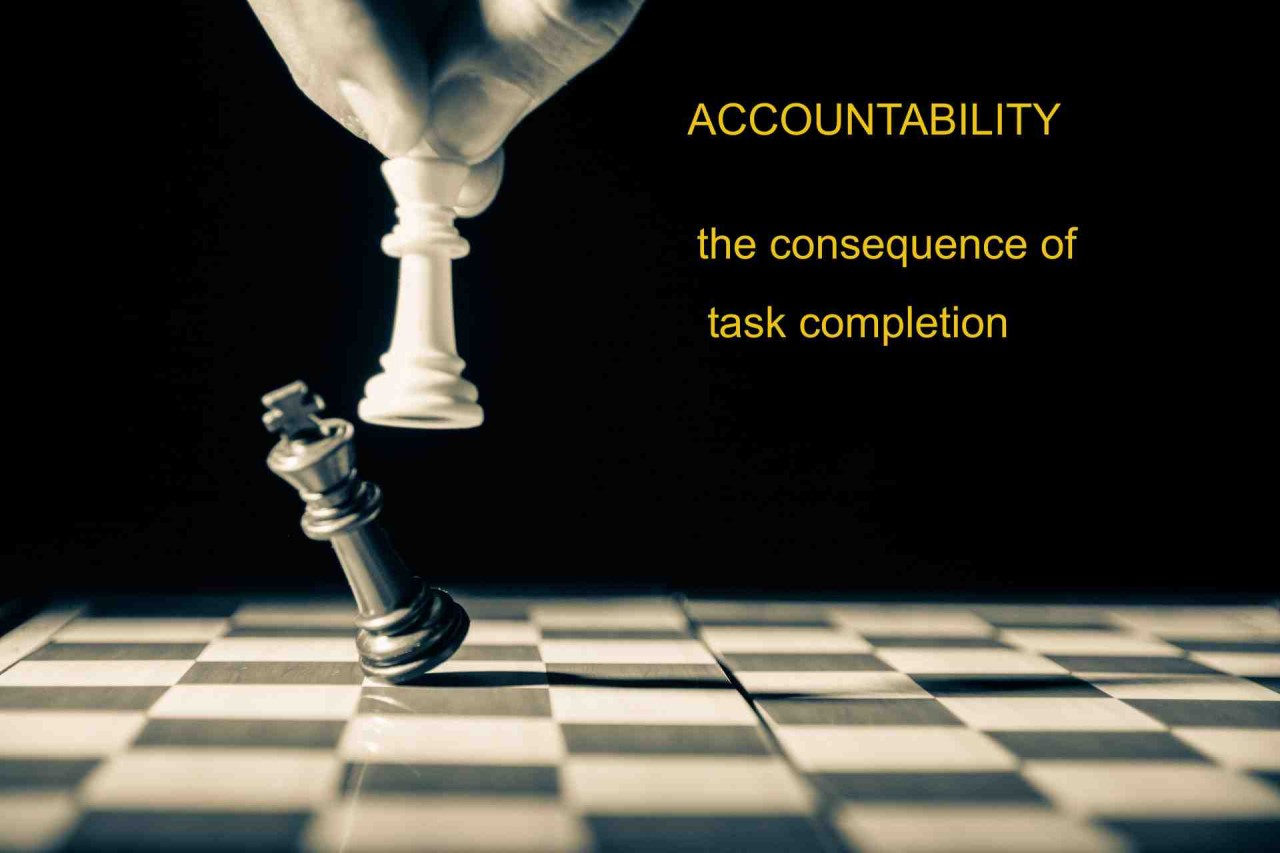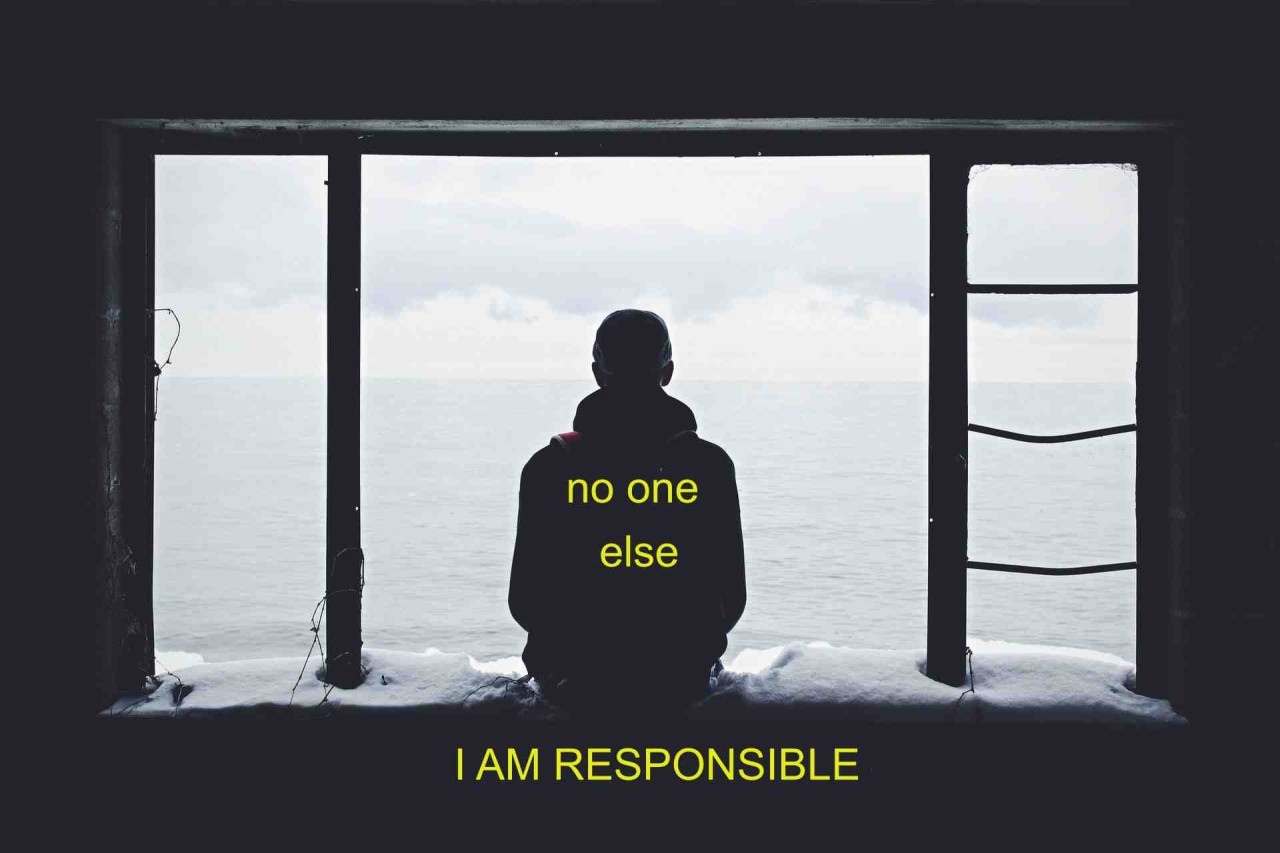the pressure of feeling responsible pt 6
Why do we feel responsible ?
To explore why, let me ask you: How responsible do you feel for your cat ?
Domestic cats are, by their nature, more independent than domestic dogs. You do not need to walk your cat everyday.
So your responsibility is less, a twice a day feed and the occasional stroke ?
However, if you are planning a two week holiday abroad, the pressure of feeling responsibility for your "furry on changes.
Your cat must have food whilst you are away, this needs organising.
The pressure is on you to ensure that nothing goes wrong. You feel you have to make sure food is available otherwise, the cat starves.
You will feel responsible even if the person who promised to feed the cat, does not.
Feeling responsible means a duty to deal with something or of having control over someone such as your cat.
The pressure of responsibility can also be feeling accountable to someone or the feeling of being blamed for something.
We will explore this "building block" pressure shortly.
Photo by Karina Vorozheeva on Unsplash
Think about people in your life that are close to you.
Do they ever say things to you to get you to do something they want you to do ?
Spend more time with me. Enjoy doing activities I enjoy. Stop doing something you enjoy.
Have you ever being delegated a work task from your line manager because they find it too difficult or boring ?
When your loved one fails to clean up the kitchen or when a work colleague misses an appointment with you, you feel annoyed: they are not being responsible. It is disrespectful.
If they apologised, offering a good reason, you may forgive them. They are showing you genuine respect for understanding how you felt.
Being a responsible person is usually a good thing: it means you're committed, dependable and care about others.
Photo by Andre Hunter on Unsplash
The pressure of being made to do something can be much more serious. We feel the force of having to do something because of the pressure something imposes on you.
Saying something with a particular emotion can coerce and control another person. Coercive control is an almost invisible pressure which triggers feelings of responsibility within us. How do you know if this is happening to you?
Common examples of coercive behaviour are:
- Isolating you from friends and family
- Taking control of where you can go, what you can wear.
- Repeatedly putting you down, such as saying you're worthless
- Controlling your finances
This form of pressure is negative and can be harmful to you. These are the seeds of pressure that can grow into a stressful experience.
Photo by Ilayza Macayan on Unsplash
Coercive control at work involves tactics, such as harassment, intimidation, and monitoring of one's time and activities. It is used to exert and maintain inappropriate dominance over you. This is unhealthy pressure.
Workplace Bullying or Coercive Control ?
Experiencing bullying feels intimidating, it is intentionally malicious, a misuse of power often using humiliation tactics. Coercive control is much more subtle and invisible. This kind of pressure seeks to confuse and rob the person clarity of their work role. Their work identity is being manipulated.
Think right now: are there times when you are pressurised to do something which is not really in your interest to do ? Or you are under pressure to stop doing things you want to do ?
This kind of pressure is very common in our lives at work and at home.
Let us now explore in more detail, the pressure of feeling responsible.
Photo by sol on Unsplash
How personally responsible you feel you are responsible for this task or problem will affect the strength of pressure you feel inside.
Responsibility is the obligation of an employee to perform a task delegated to you. You feel a "pressure obligation" to perform that task, This responsibility pressure comes from managers above you who legally possesses "company authority" to get the required task done by a specific person: you.
Feeling responsible pressure can be in the form of a specific task to do or a generalised ongoing obligation pressure to broad aims such as minimising production errors, maximising good customer relations or achieving specific work targets or goals.
Unlike coercion and control pressure, which is conveyed indirectly, hidden away, the pressure is in the open and targeted openly to you.
Photo by Ricardo Arce on Unsplash
When responsibility is made clear by your line manager in terms of targets or goals to achieve, it allows you to know by what standards your performance will be assessed. The feeling of responsibility then focuses on achieving those work output targets or time outcomes. The more committed you are you to achieving those targets, the greater intensity of responsibility pressure you feel.
Feeling responsible at work is wrapped up in the socially accepted authority power of your line manager and senior management.
Your line manager assigns a task to you, you then perform the task yourself or find someone you manage, to get it done. In both instances, you always remain responsible to your manager for that successful task completion.
It does not matter someone else does the task. That turns on accountability pressure.
Photo by GR Stocks on Unsplash
Accountability pressure arises out of responsibility pressure.
If you accept your responsibility (feel responsible) for a work task, you will also feel the accountability pressure when completing your task performance. Task successfully completed, will feel pleasurable, unlike over running the expected time taken to complete.
While responsibility is your duty (obligation pressure) to carry out a task to completion, accountability pressure is what happens after completing the task. Like the taken king chess piece, task failure will open you to negative judgement by your line manager.
Accountability is concerned with the consequences of your actions, rather than your initial duty to carry these actions out.
Here the two pressure work together.
Pressure can take the form of being responsible to perform the actions needed to complete the task as well as feeling accountable to your line manager on how successful you were on finishing the task.
Photo by Noah Silliman on Unsplash
At work, your job role will define many job tasks you are responsible for along with others in your team but there are also some tasks that are solely your responsibility and none one else.
Think about those that are up to you alone.
Are you part of a team that depends on you alone performing a specific task to achieve that team goal ?
Most of us have some work tasks, that are shared by a team or are a department effort.If the task is only your responsibility, but you experience difficulties, you can check in with your line manager for support or seek help from work colleagues.
Feeling totally responsible, is another factor which powers up pressure inside you.
This does not have to be your line manager pointing a finger and saying it is up to you alone, just you.
Photo by Alex Lvrs on Unsplash
The strength of responsibility pressure can depend on how long you have been feeling personally responsible.
Feeling responsibly for a brief period of time then seeking help is very different to keeping this to yourself and struggling on privately for weeks.
Feeling responsibility is a continuum, responsibility feelings vary depending on the task situation.
A way of understanding this is in the form of your "responsibility pie". This continuum can be seen in the form of a percentage scale.
For example, if I asked you to think about an important job you do at work, now write down how responsible are you for getting this task completed. It could 0% being not at all responsible, right through to 100% being totally responsible.
The bigger the slice of pie, the more you feel responsible.
Photo by Jordan Nix on Unsplash
When you eat a take away pizza, how big a slice do you take ? It depends on how hungry you are and if others are expecting a share ?
If I feel no responsibility for the task, then there is no slice, "0% responsible". There is no pressure as others are really responsible not me.
If I feel 15% responsible, this might be a new task you are being supervised and trained to do at work. Any mistakes or time taken is part of learning.
If I do feel partly responsible: say a 50% slice: I am experienced in completing this task without making serious mistakes, but others are responsible as well. The pressure of achieving this task is shared, so there is less pressure on you.
However, if I feel totally responsible (100% of the pie), throughout the task or solving the problem then pressure is very strong. If feel your team, department or company is relying on you alone. The more senior role you have usually means the percentage responsibility increases.
However, that percentage is also determined by your own internal standards. It is 100% because you take pride in successfully completing that task or you want others to admire or respect the work that you do.
Photo by Shane Rounce on Unsplash
The same principles can apply to accountability pressure. If the job goes wrong, or the task has failed, then you may respond in two ways. Helpful or unhelpful to you.
Understanding what intensity of pressure you are experiencing when completing a task at work is connected to the force of the pressure being imposed on you by others and how much responsibility you feel during the task process.
The pressure of responsibility can change into stress when you blame yourself for being responsible. You blame yourself for the car accident rather than the other speeding driver. Praising yourself lifts how you feel about yourself, blame pressure triggers stress "it is my fault".
Next time we will explore another form of pressure: feeling judged. "it is not my fault, its your fault".
Comments
By accepting you will be accessing a service provided by a third-party external to https://www.flashinglightbulb.co.uk/



